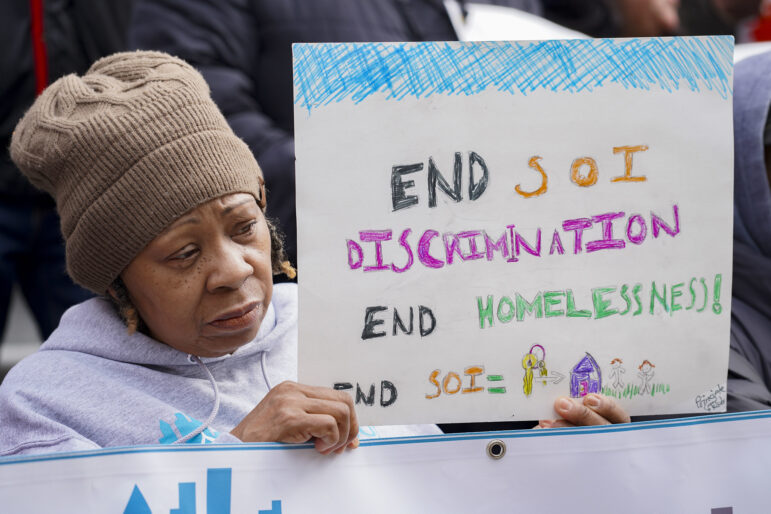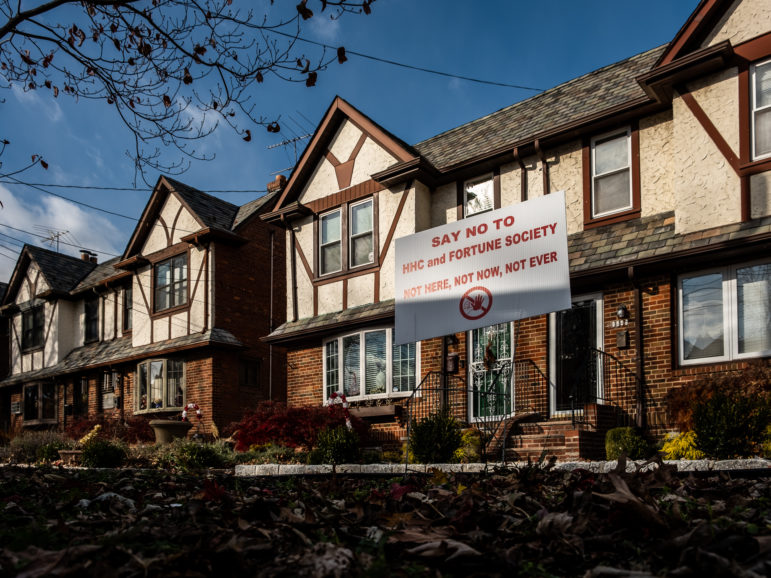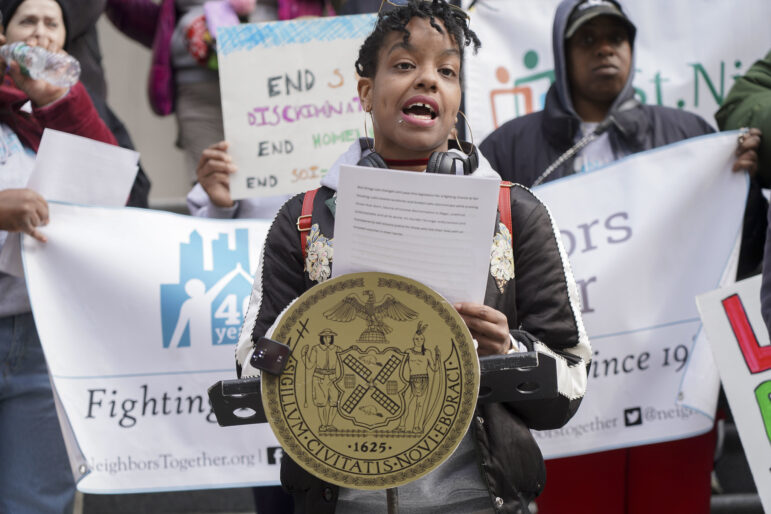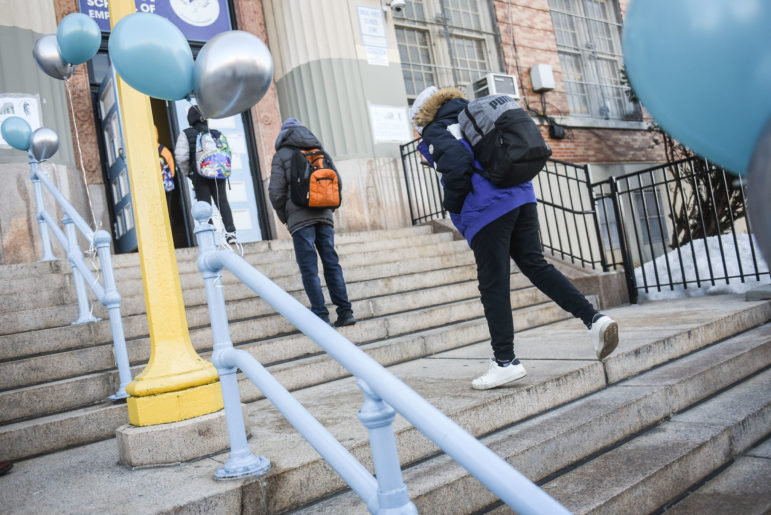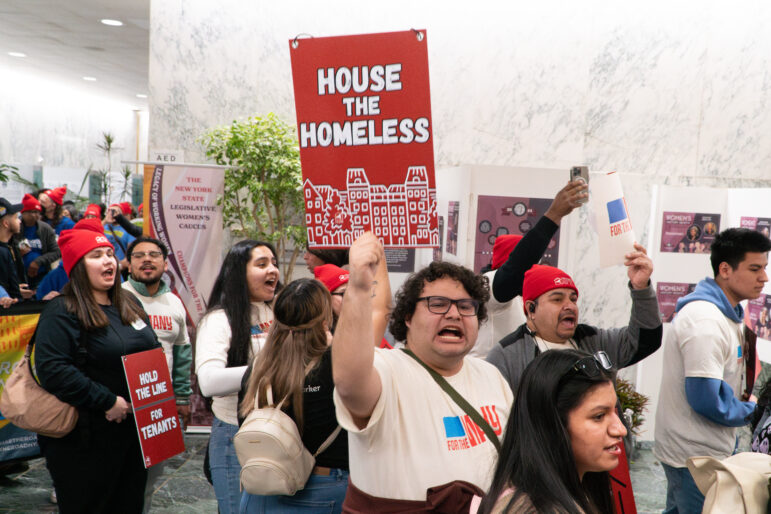It’s been nearly six years since Bill de Blasio and Scott Stringer shared the stage outside City Hall on Inauguration Day 2014, and the scene has changed considerably. Mayor Bloomberg, who sat grumpily in the front row that day, has apologized about stop and frisk. Hillary Clinton, who was there to watch her husband swear in her former campaign manager as mayor, lost a race for the presidency. Letitia James, whose rhetoric on the inauguration stage so offended editorial writers that day, is now the state attorney general.
Yet to talk to Stringer, the city’s comptroller, as WBAI’s Max & Murphy Show did Wednesday, is to be reminded of what hasn’t changed. Asked what’s most on his mind right now, Stringer focuses squarely on the affordability crisis—the very same problem that premised de Blasio’s entire come-from-behind mayoral run.
“We have many of the same issues that started at the beginning of my term and this administration’s term,” Stringer said. “Obviously there’s been improvement in some areas and less improvement than others. But when you have a homeless crisis where tonight $60,000 people will sleep in shelters—half of them are children—and now we’re spending $3.2 billion managing that crisis where six years ago we had the same amount of people in homeless shelters but we were spending $1.4 billion to manage the crisis, it seems to me that this is a broken system.”

Office of the Comptroller
As a citywide official since 2014, Stringer has had ample reason to make stops and build ties across the city—an undeniable asset if he runs for mayor.
Over the past couple years, Stringer has put forward new ideas of how to address aspects of the crisis, like a housing plan targeted at the income groups in most desperate need, and a plan for early-age childcare that would free parents to re-enter the workforce and improve learning outcomes in critical, formative years.
For a job with charter duties linked closely to the city’s budget and pension funds, the bold policy proposals represent a break from the approach taken by predecessors John Liu, Bill Thompson or Alan Hevesi—all of whom, it’s worth noting, ran unsuccessfully for mayor. Those proposals could form the heart of Stringer’s widely expected own campaign for mayor in 2021.
In his chat with Ben Max and me, however, Stringer embedded those policy ideas within the traditional role of comptroller as guardian of efficient spending. Or more to the point, detector of what he says is inefficient spending by the de Blasio administration. He bemoaned “the amount of money we’re spending on critical initiatives without seeing results,” said of the administration’s homelessness initiative that “the goal should be to cut homelessness in half” and cast aspersion on the mayor’s $850 million mental-health initiative, Thrive NYC. “That’s a lot of money for little to show for it,” Stringer said.
“We have to get to this place where results matter,” Stringer added. “It’s important to have progressive ideals and values. Obviously, I’m certainly someone described that way. But we also have to have management and expectation to fix problems.”
For a guy whose office—by charter mandate—traffics mainly in audits, it’s a sensible tack to take. It’s also a lane that none of the other known contestants for the Democratic nomination (Council Speaker Corey Johnson; Borough Presidents Eric Adams of Brooklyn and Ruben Diaz, Jr., of the Bronx; former city veterans commissioner Loree Sutton; nonprofit housing executive Dianne Morales or construction company founder Joycelyn Taylor) can easily occupy.
With reporting by Anika Chowdhury, Ben Max and Xavier Means


